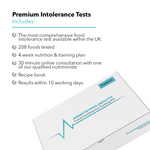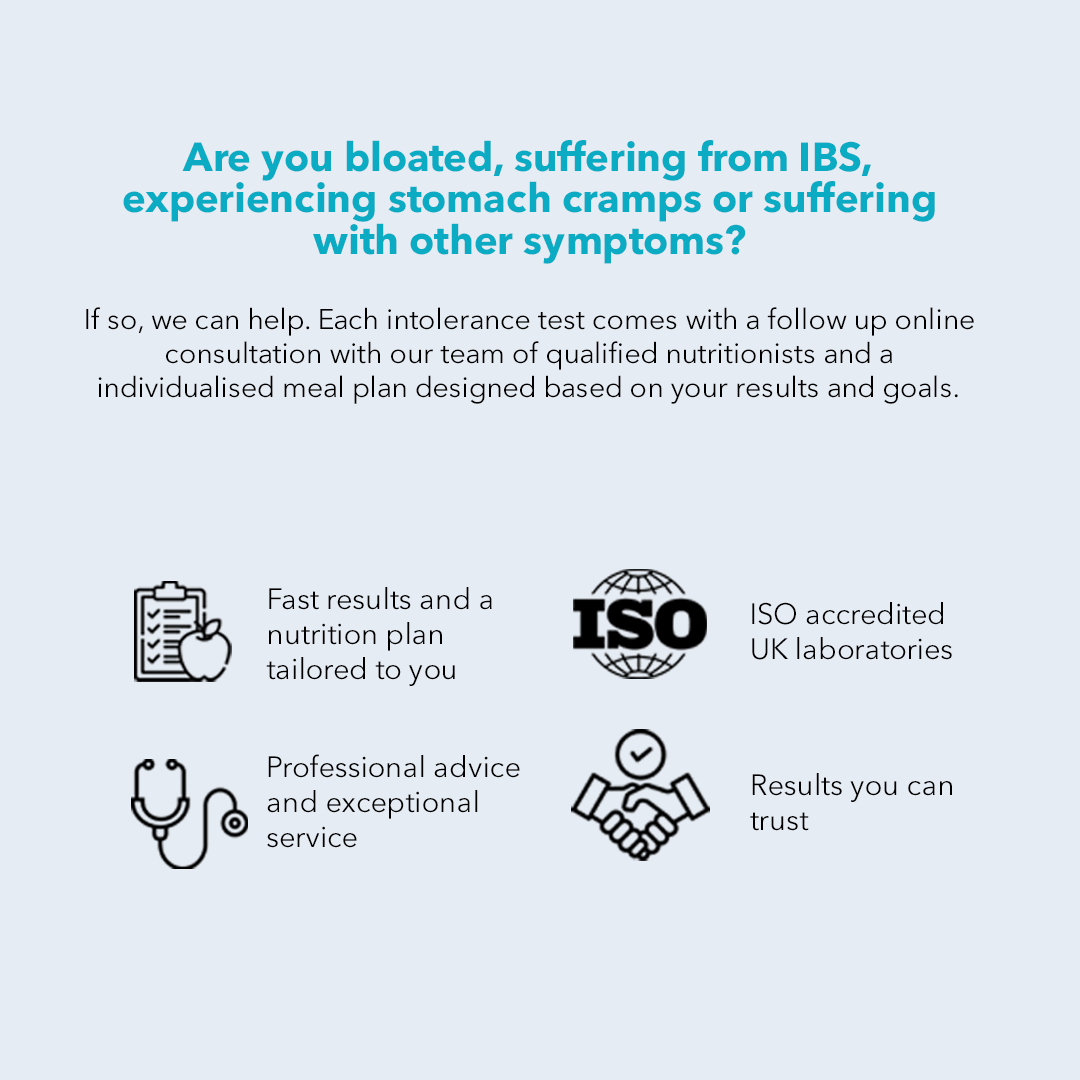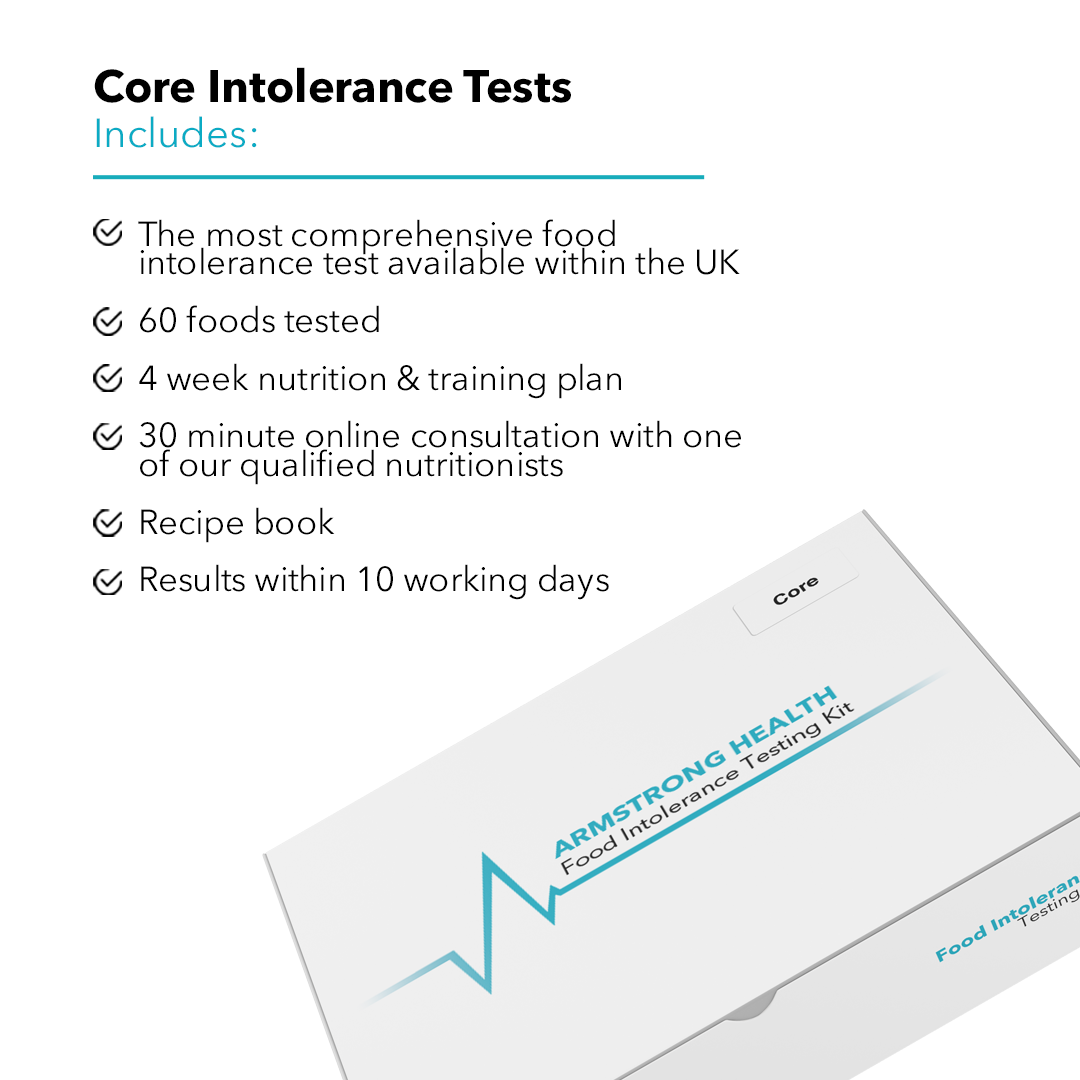Health enthusiasts often remind us that "you are what you eat." While this phrase is usually associated with physical health, it is essential not to overlook the equally crucial connection between nutrition and mental well-being. Despite greater awareness of the importance of mental health, many still remain unaware of the role that dietary choices and food intolerances can play in influencing mood, anxiety, and overall quality of life. Armstrong Health, with their leading expertise in the field of food intolerance and sensitivity tests, can provide invaluable insights into how identifying and managing food intolerances can impact mental well-being and promote a healthier lifestyle for body and mind.
When considering the impact of food on mental health, it is essential to understand that we're not only talking about the impact of specific nutrients but also to be aware of the potentially negative consequences of food intolerances. When an individual is intolerant to certain foods, consuming these food items may trigger various discomforts and inflammation, which can affect mental health in a subtle yet significant manner. Symptoms like fatigue, irritability, and brain fog often result from undiagnosed food intolerances, and addressing these hidden sensitivities can pave the way for improved mental well-being.
Comprehensive food intolerance testing, like the services offered by Armstrong Health, can help identify these problematic foods and sensitivities, uncovering hidden roadblocks to your mental well-being. By understanding and managing food intolerances, individuals can create a personalised nutrition plan that nourishes both their body and mind. Learn more about the connection between food intolerances and mental health and discover how reluctant dietary adjustments can unlock a happier, healthier state of mind.
Eating for Mental Health: Could Food Intolerance Be Affecting Your Well-being?
Understanding the Gut-Brain Axis: The Food-Mental Health Connection
At the core of the association between food and mental health is the gut-brain axis – the biochemical signalling that occurs between our gastrointestinal tract and our central nervous system. This complex communication pathway plays an essential role in our emotional state and cognitive function. A well-functioning gut, regulated by a diverse microbiome, can contribute positively to mental health.
However, when food intolerances disrupt the functioning of your gut, it may subsequently affect your mental well-being. Gastrointestinal symptoms like bloating, gas, and abdominal pain can exacerbate anxiety and irritability. Moreover, chronic inflammation in the body, resulting from undiagnosed food intolerances, can also contribute to changes in mood and energy levels.
Identifying and Addressing Food Intolerances for Better Mental Health
The first step in managing the potential impact of food intolerance on mental health is to identify the specific foods causing distress. Comprehensive food intolerance testing, like the services offered by Armstrong Health, can accurately pinpoint the root cause of your symptoms. With this information in hand, individuals can take proactive steps to modify their diet, either by eliminating or reducing trigger foods.
It is crucial to adopt a balanced and diverse approach when adjusting your diet to accommodate your identified food intolerance. Ensuring adequate nutrient intake through alternative sources can provide the necessary building blocks for neurotransmitters responsible for regulating mood, concentration, and memory.
Mindful Eating: Nourishing the Mind and Body
As you adapt your diet to manage food intolerances, you can also incorporate various mindful eating practices to enhance mental health. Mindful eating involves paying attention to the physical and emotional sensations experienced while eating and acknowledging the effects of certain foods on your body and mind.
Practising mindful eating can help individuals:
- Develop an increased awareness of how food choices impact their body and mental state
- Make intentional, healthier choices while still enjoying meals
- Foster a deeper appreciation of their body's unique needs and sensitivities
Combining intent-driven diet adjustments with a mindful approach can lead to sustainable improvements in mental health and overall well-being.
Creating a Supportive Environment for Mental Health and Nutrition
Making long-term adjustments to your diet for the sake of mental health can sometimes feel like a daunting challenge. Building a network of support through healthcare professionals or nutritionists, like those available at Armstrong Health, can provide guidance and encouragement throughout the journey.
In addition to professional support, engaging with friends, family members, or online communities can promote a positive atmosphere, making it easier to prioritise mental well-being through dietary practices. Sharing your experiences, exchanging recipes, and exploring alternative food options can be empowering and rewarding.
Food Intolerance Testing as a Pathway to Improved Mental Well-being
Gaining a deeper understanding of the impact food intolerances have on mental health can empower individuals to take control of their well-being through dietary adjustments. Comprehensive food intolerance testing offers invaluable insights, equipping people with the knowledge needed to make informed decisions that nourish their body and mind.
Investing in food intolerance testing with Armstrong Health can be the first step in a transformative journey towards a healthier, happier mental state. By identifying and eliminating trigger foods and embracing a nurturing approach to nutrition, you can support mental well-being and create a sustainable lifestyle that truly nourishes both body and mind. Get a reliable food intolerance test now!




























